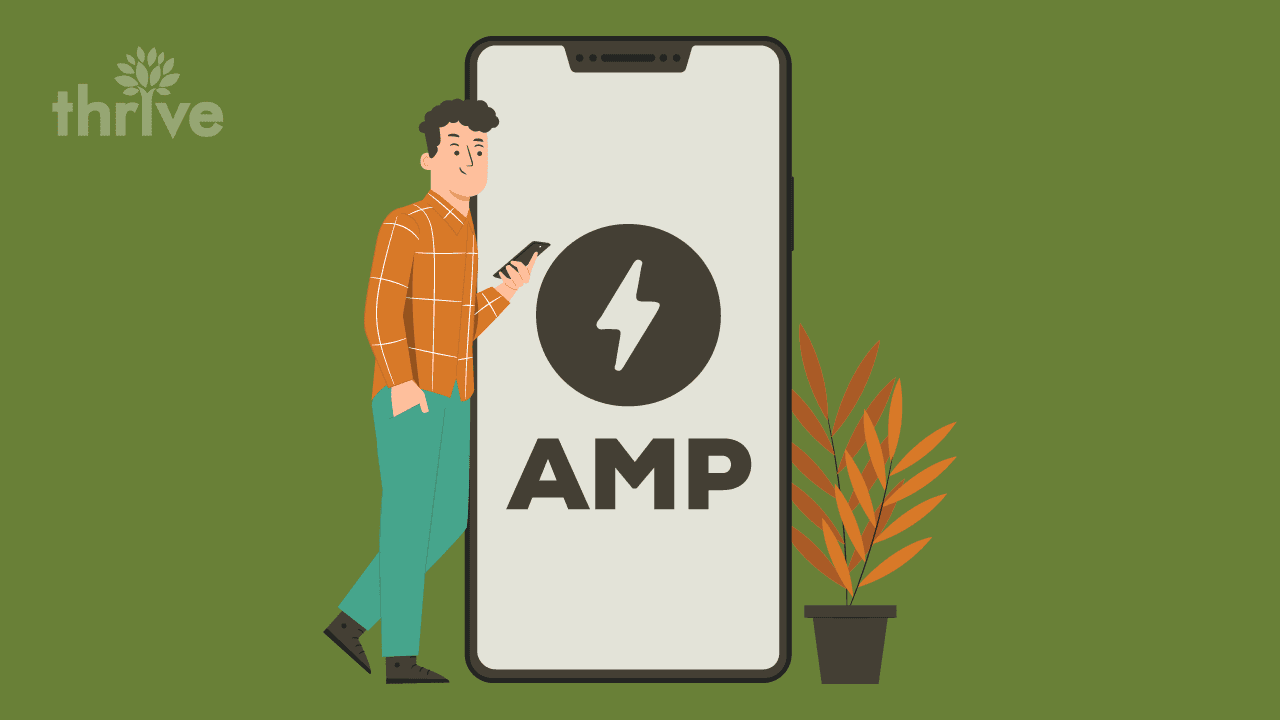
Google is releasing their open-source project, Accelerated Mobile Pages (AMP), to compete against Facebook’s Instant Articles. With the AMP Project, Google’s goal is to speed up the rendering of content pages on the mobile web. Mobile users will be able to access content instantly no matter what browser or app webview they use.
What Is AMP for Mobile?
Accelerated Mobile Pages Project is an initiative to create pages that render mobile optimized content and allow these pages to load instantly everywhere. The AMP Project is being championed by Google to take a step towards a better mobile web experience for all users. Google is going to launch support of AMP pages and will begin to send traffic to them in early February 2016.
Why AMP Is So Fast
- Provides a shared library of scripts, so no need to download them every time.
- Caches/Prefetches content closer to the user for optimal delivery speed.
- Set standards for advertising architecture, so ads are not everywhere on the page.
- Has a shared mechanism to collect data for Google Analytics.
Watch Richard Gingras, Head of News at Google, explain the benefits of AMP. Fast forward to the 11:30 minute mark.
Example of Accelerated Mobile Pages
You will be able to see a demo of how the accelerated mobile pages will work in Google. Checkout g.co/ampdemo on a mobile device. In the screenshots below is the Mars article example from the Telegraph. Take note on how fast the article loads on your mobile device.
Ranking Boost For Accelerated Mobile Pages?
With all new technology Google incorporates into their search engines the big question from the SEO community is will it have a ranking boost? From a recent Google special press event, Search Engine Land (SEL) said that Google did not outright confirm a ranking boost, but did reiterate the importance of page speed. Stitch that statement together with the confirmed ranking factor of mobile page speed and you get a strong feeling that it can lead to a ranking boost.
SEL also inquired if Google would be labeling these search results any differently. Google responded that the use of a “AMP” label would not be used. Instead Google would most likely use a more user-friendly label of “Fast”.
